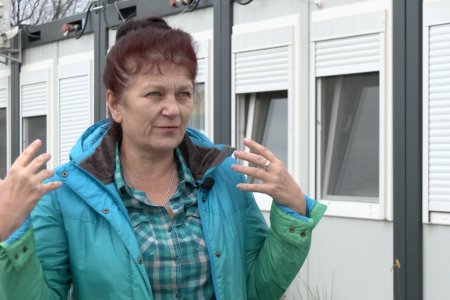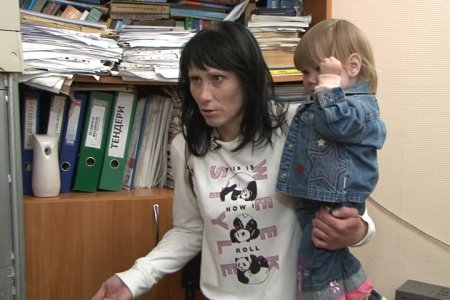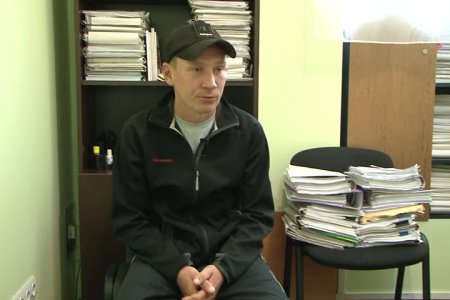My name is Mykola Makarenko. I was born on 20 May 1964 in Lebedyn, Sumy region. When I turned 18, I was drafted into the Soviet Armed Forces. I was sent to a training unit in Ferhana, Uzbek SSR. Later I was sent to the Democratic Republic of Afghanistan, where I served for one and a half year.
After demobilisation I returned home and got a job at the Lebedinsky military factory. First, I worked as an apprentice lathe operator, then as a lathe operator. I worked for three years, but then the plant was closed. I had to think about my future. I was offered to go to the warrant officer school to continue my military service. I agreed.
I graduated from the warrant officer school in 1989. I was assigned to a military rocket unit as a technician for the MAZ-543 wheeled chassis. I served until 1992, when the military unit was disbanded due to the Soviet Union’s lack of missile potential. Since I had a military rank and work experience, my friends suggested that I apply to the Air Defence Faculty of Kharkiv Military University as a warrant officer of air defence courses. I worked there until 2010, when I retired.
After I retired, I realised that it was unbearable to stay at home and do nothing. My son and I started repairing flats. We were quite good at it. This went on until 23 February (2022).
What were the first two months of full-scale war like for you in Kharkiv?
23 February was an ordinary day. On the 24th I woke up and heard either explosions or thunder, I could not understand what it was. I looked out the window — it seemed like nothing was happening, just an ordinary day. And suddenly it started. The first rockets hit military facilities. Although it is very hard to call Kharkiv Tank School a military facility. There were about six or seven tanks there as study objects. And there were students there — children aged 13 to 15. There was nothing military at all.
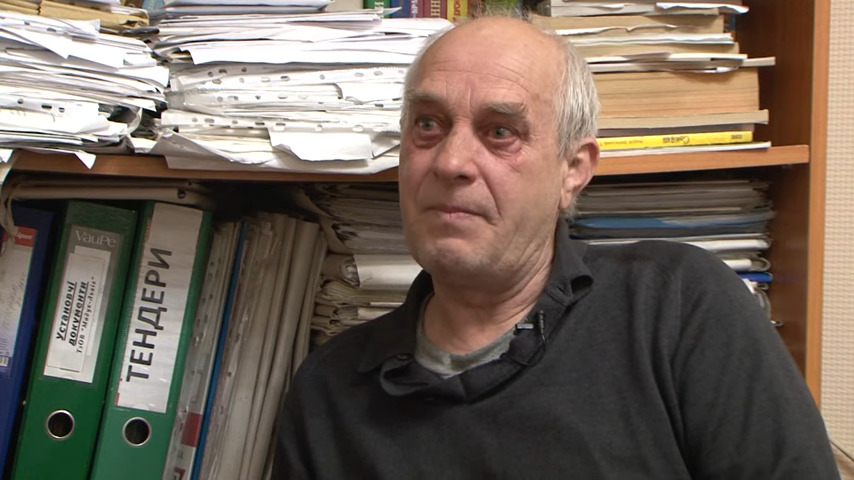
There was a cadet corps across the road — it was blown to pieces. I don’t know if there were any casualties. Nobody expected it. The “Kazka” market on Poltavskyi shliakh Street was destroyed. The shells hit a house, almost the whole corner of the house was destroyed. A building housing the State Emergency Service of Ukraine was riddled with holes from shelling. The “Class” grocery store was damaged. A predetention centre was demolished. I don’t know how many people were inside.
Then the shelling started. They (the Russians) bombed us so hard... It happened every single day, even several times a day. One day in the morning I was talking to my son on the phone. I heard military aircraft buzzing over the house. I shouted: “Son, we’re being bombed!”
The rocket flew over my house and hit another house near the railway station. The explosion was so powerful that my house shook.
I looked out the window — there was so much black smoke! Ash particles flew even into my yard.
Someone was making marks to make it easier for the Russians to bomb us. There were many such marks. I even happened to see them on my fence when I went out to get some water. I came out and saw some orange circles drawn on the fence. I asked my neighbour: “Hey, do you know what they are? We’ve never had anything like that on any fences, have we?”
I tried to scrape off the mark but failed. Then I went to the other side of the road and saw more marks on the poles. I painted over them. There were a lot of marks on the road along Poltavskyi shliakh Street.
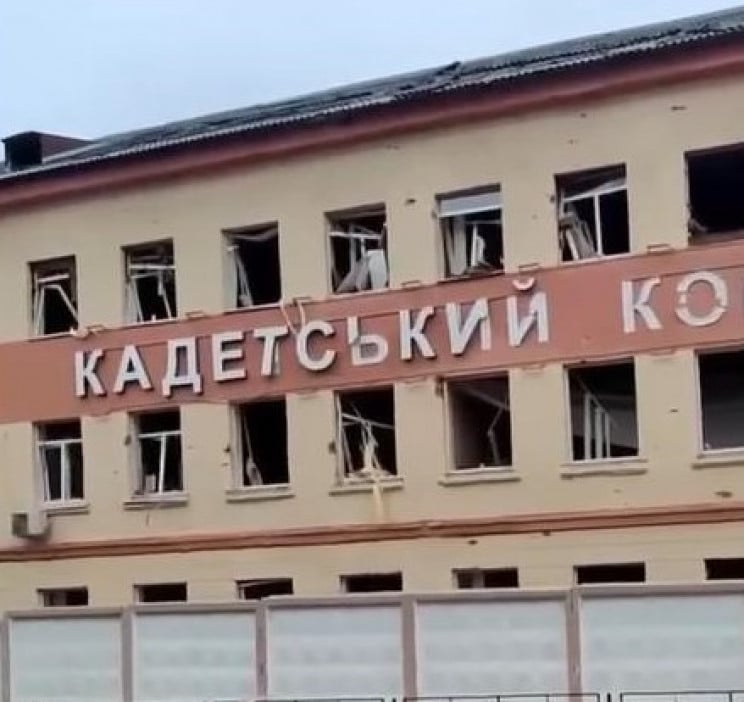
Have you witnessed criminal acts against civilians?
A rocket hit the main square in Kharkiv. There was a volunteer tent with pictures and information on this square, reminding us of the Russian invasion in 2014. That tent had been there since 2014. The rocket hit right inside the tent. This is what happened to our city. And that’s just what I personally saw. And what’s left of Saltivka (one of Kharkiv’s districts)... Well, they (the Russians) destroyed it completely.
Many people died. I saw a girl walking with blood on her leg. A rocket hit a queue of people waiting for food. An old lady’s leg was torn off and her blood splashed on the granddaughter.
This lady was lying near the shop. When we asked the girl what had happened, she said: “My grandmother’s leg was torn off, her blood got on me”. The girl was shocked. She was about fifteen or sixteen years old.
Many Kharkiv’s districts were badly damaged, such as Oleksiivka, Piatykhatky. There were no military bases there, just residential houses. Our Gorky Park looked like Disneyland, now it is ruined. They (the Russians) destroyed everything they could. One of my friends lived in Tsyrkuny, a suburb of Kharkiv. I had renovated his house. Well, the house doesn’t exist anymore. Only ashes remain. My friend’s father was also injured.
There are ruins everywhere you look, especially near the border (with Russia)... In Sumy Region, Okhtyrka was wiped out. This small town was completely destroyed.
What do your Russian relatives think about the war?
I have a cousin who lives in Arkhangelsk. I also have a halfsister in Sevastopol. The one who lives in Sevastopol is waiting for the Russians to leave Crimea. And the one from Arkhangelsk... Well, what can I say? I don’t have a cousin anymore! She told me that I was “Bandera” (Russians call Ukrainians or pro-Ukrainian people “Bandera(s)” because of the surname of a famous Ukrainian politician and activist Stepan Bandera), that Bandera supporters had once killed her grandfather.
I said to her: “Have you even seen Bandera supporters? Do you even know who Bandera is? He’s been gone for years and you’re (the Russians) still afraid of him. You are crazy!”
But it’s useless to prove anything, they’re brainwashed. She just said to me: “You’re “Bandera”, I don’t want to talk to you anymore” and that was the end of it. I never spoke to her again... I really want everything they (the Russians) did to us to be returned to them! That is all I want...
Translation: International Society for Human Rights (German Section)
